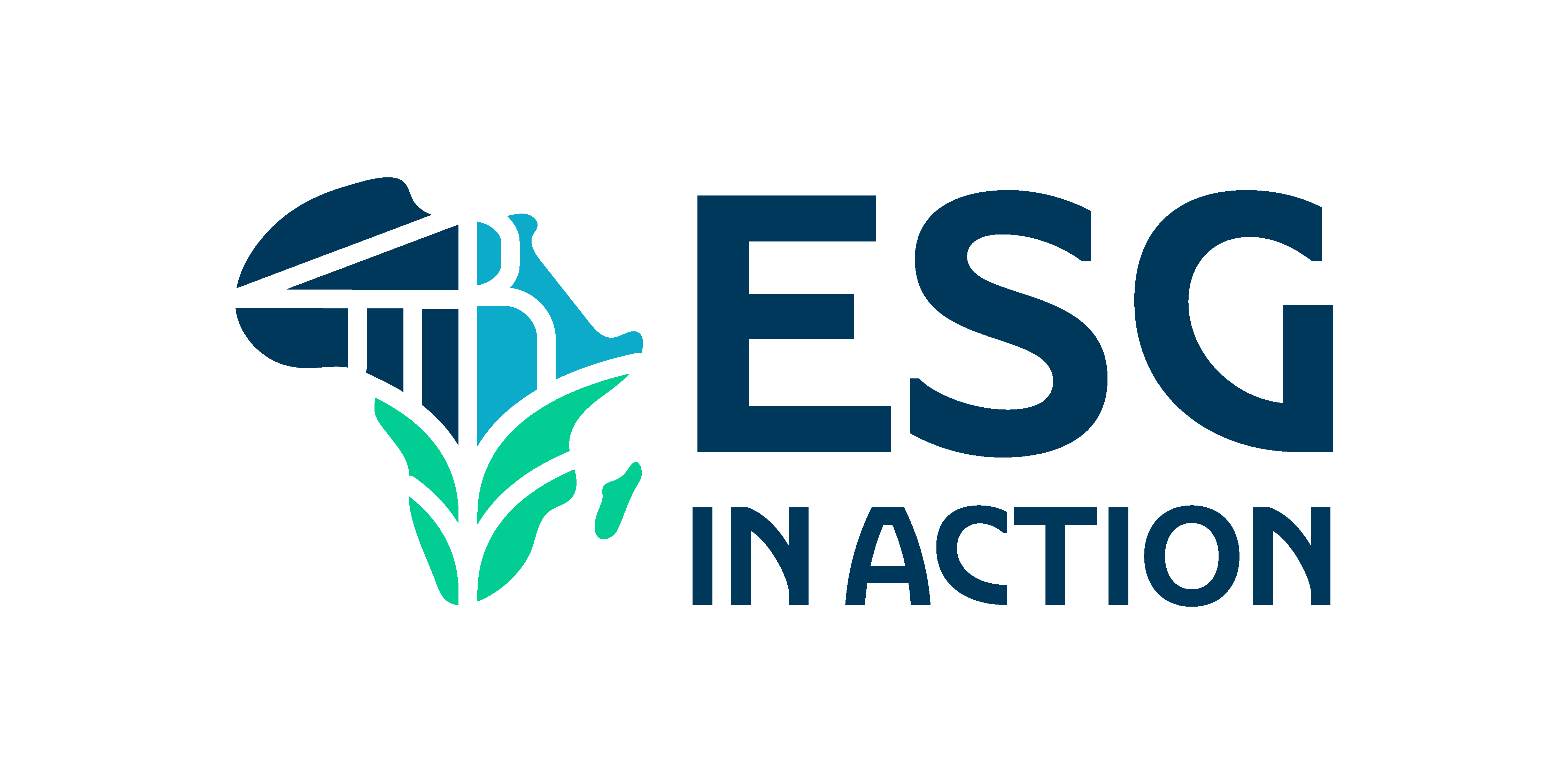
5 Ways a Strong ESG Proposition Can Create Brand Value


ESG (Environmental, Social, Governance) is officially no longer a buzzword like most people thought that it was for a really long time. ESG is a necessary factor for companies and businesses striving to succeed and create lasting brand value. According to Forbes, companies with strong ESG ratings have outperformed the market by an average of 3.5% per year over the past decade. Additionally, BusinessWire reported that 85% of millennials say they are more likely to buy from companies that are committed to ESG.
ESG, which stands for Environmental, Social, and Governance, encompasses a set of principles that guide a company’s actions in these critical areas. Your business, just like any other, is closely connected to environmental, social, and governance (ESG) matters. Hence, it’s logical to assert that a strong ESG strategy can generate significant brand value. Let’s take a look at the common ways that ESG propositions can create brand value, elevating an organisation’s position in the market.
But before we jump right in — let’s start by giving an overview of recent ESG practices in the African business landscape.
ESG In Africa


Over the years, businesses in Africa have increasingly recognised that ESG principles not only align with global sustainability goals but also foster growth and enhance brand reputation. Brands have come to understand that embracing ESG initiatives is an indispensable practice for achieving sustainable success. By implementing ESG practices, businesses can experience the cumulative benefits of their actions.
The integration of ESG factors in African businesses not only fosters sustainability but also attracts international investors seeking ethical and impactful opportunities. You see, this growing interest from foreign investors is because ESG ratings and metrics are becoming increasingly important to investors who are looking to invest in sustainable funds, projects and companies that prioritise ESG strategies and efforts. Consequently, businesses aiming to expand their operations and investment portfolios must strategically position themselves by actively embracing ESG practices.
Like the rest of the world, the continent exhibits a diverse volume of industrial activities, encompassing agriculture, manufacturing, mining, and energy production. These economic activities, undoubtedly, are essential for facilitating economic growth and advancement, but they also impart a substantial contribution to climate change through emissions, deforestation, and the exploitation of natural resources.
In light of the escalating global effects of climate change, it becomes increasingly evident that Environmental, Social, and Governance (ESG) factors will grow to a more prominent role within the African business landscape.
Hence, the Prioritisation of ESG initiatives carries profound potential, serving not solely as a mechanism for ameliorating environmental and social deterrents but also as a strategic conduit for augmenting financial performance and fortifying an organisation’s standing within the purview of its stakeholders.
Now that we’ve laid the groundwork, let’s examine 5 ways a robust ESG proposition can generate significant brand value.
1 Build Reputation and Trust


An excellent reputation is the bedrock of any successful organisation. You see. organisations that prioritise ESG practices enable a positive reputation that extends far beyond their products or services. For example, companies like Safaricom in Kenya or Naspers in South Africa are two businesses that have demonstrated a profound commitment to environmental sustainability, social responsibility, and ethical governance.
As a result, they have gained the trust of their customers, employees, suppliers, and investors. This should tell you that the connection between credibility and customer loyalty is a factor you must not underestimate as a business. Why? When a company’s values align with yours, it creates a feeling of shared purpose and trust that really strengthens your loyalty to that brand.
2. Attracting Ethical Consumers


In recent years, we’ve observed that consumers have increasingly embraced ethical purchasing decisions. They want to support companies that share their values and contribute positively to society and the environment.
It would be in your best interest to strengthen your corporate strategy and brand operations by employing ESG, and actively integrating it into your business until your brand strategy IS your sustainability strategy.
This will mean that a robust ESG proposition can be a potent magnet for these ethical consumers.
Through working with clients across Africa and the world, we see a growing trend of consumers choosing products and services from companies with strong ESG credentials. Companies that prioritise sustainability, promote fair labour practices, and engage with the community to improve the quality of life often enjoy a competitive edge.
If you want your business to continue to create value and also maximise profit, then ESG practices are non-negotiable.
3. Reduced Risk and Cost Savings


ESG practices aren’t just about goodwill; they’re also about risk mitigation. If you prioritise ESG, you’ll reduce your exposure to various risks, including legal and reputational risks. By adhering to environmental regulations, for instance, you can avoid costly fines and legal battles.
Moreover, maintaining a strong ethical stance safeguards against reputational damage that could have far-reaching consequences.
Nonetheless, if you reduce risks through ESG practices, it translates into significant cost savings over time. And that’s why businesses that invest in sustainability and social responsibility often find that their long-term operational costs decrease, contributing to enhanced profitability and return on investment.
4. Access to Capital


Investors are increasingly factoring ESG considerations into their decision-making processes. An organisation with a reputable ESG proposition is more likely to attract investment capital. This can lead to higher levels of funding, enabling growth, innovation, and market expansion.
Similarly, as ESG-related investing gains prominence, companies that align their strategies with these principles not only benefit from a wider pool of potential investors, but also send a clear signal that they are forward-thinking and attentive to long-term sustainability.
5. Talent Attraction and Retention


When an organisation or business commits to ESG values, it has a significant effect on its workforce as well.
Nowadays, employees want more than just a paycheck — they’re looking for a sense of purpose and the feeling that they’re making a positive impact. According to Forbes, companies that excel in ESG tend to attract and keep top talent.
By creating a diverse, inclusive, socially responsible, and environmentally conscious workplace, organisations make sure their employees aren’t just happy but deeply engaged. This, in turn, directly boosts a company’s overall productivity and competitiveness.
Conclusion


There are many ways that a strong ESG proposition can create brand value. By building a reputation for sustainability, attracting ethical consumers, reducing risk and cost savings, accessing capital, and attracting and retaining talent, businesses can create a competitive advantage and boost their long-term success. Invariably, ESG is a long-term investment that can pay off handsomely.
As the world becomes increasingly aware of the importance of ESG, we encourage African organisations to prioritise these principles in order to be well-positioned to thrive globally in the years to come.



